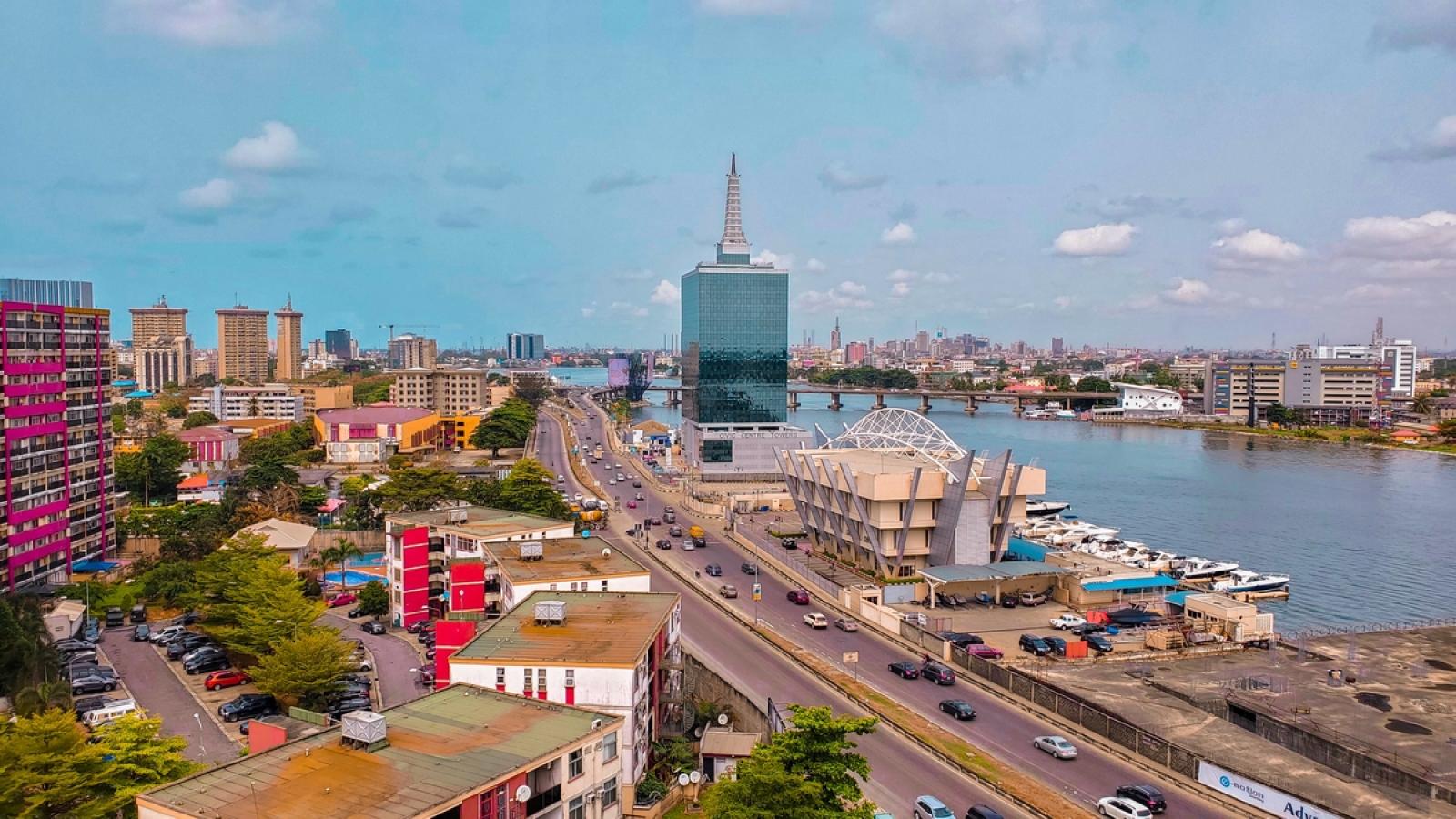Corporate Governance in Nigeria


The Nigerian corporate governance regime is characterised by a combination of a statutory framework and subsidiary legislation enacted by the relevant regulatory authorities. These laws can be divided into two categories: general laws and sector-specific laws. While the general laws govern every entity incorporated in Nigeria, the sector-specific laws govern only companies that operate within their specific sector or industry.
The general laws are:
- the Companies and Allied Matters Act (CAMA):2 the regulatory authority charged with the responsibility of administering the CAMA is the Corporate Affairs Commission (CAC);3
- the Investments and Securities Act 2007 (ISA), which also established the Securities and Exchange Commission (SEC) as its regulatory authority; and
- the Financial Reporting Council of Nigeria Act 2011 (FRCN Act),4 administered by the Financial Reporting Council of Nigeria (FRCN).
The sector-specific laws include, among others, the Banks and Other Financial Institutions Act (BOFIA) and the Insurance Act (IA).5
The CAMA is the main statute delimiting the general framework for the Nigerian corporate governance regime. It lays out the various types and forms of entities that can be incorporated, including private companies, which may be limited by shares or by guarantee, unlimited companies and public companies limited by shares. The CAMA also outlines the structure, powers and duties of the various organs of a corporate entity as well as the systems of governance and management of the company, and management qualifications. On the other hand, the ISA sets out the statutory framework for the regulation and operation of the Nigerian securities market. It outlines, among other things, the operational rules for securities market operators, participants and stakeholders, and liquidity requirements.
The BOFIA is the principal statute that regulates the banking sector. It recognises the supervisory role of the Central Bank of Nigeria as enumerated under the Central Bank of Nigeria Act 2007. It states the conditions for the grant of a banking licence, and for the revocation or variation of the same. Furthermore, the principal pieces of legislation governing insurance activities are the National Insurance Commission Act and the IA. The National Insurance Commission is empowered to make regulations and issue guidelines to insurance companies from time to time, while the IA applies to insurance businesses and regulates insurers, with the exception of insurance businesses carried on by friendly societies, and by companies, bodies or persons established outside Nigeria, engaged solely in reinsurance transactions with an insurer authorised under the IA.
The Nigerian corporate governance space has a number of corporate governance codes applicable to publicly listed companies and for sector-specific companies. Of particular import in this regard is the recently published Nigeria Code of Corporate Governance 2018 (NCCG Code). The NCCG Code was published by the FRCN on 15 January 2019, and seeks to promote public awareness of essential corporate values and ethical practices by recommending practices and principles that affected companies are to adhere to. The NCCG Code generally applies to all public companies as well as regulated private companies,6 and to private companies that are the holding companies of public companies.
It is interesting to note that the NCCG Code does not abolish the previously existing corporate governance codes; nor does it contain a superiority provision for circumstances where there is a conflict between the NCCG Code and the existing codes. It thus seems that companies would be required to comply with all applicable codes as necessary. The resultant effect of this is that in certain instances there is over-regulation, depending on the industry in which a company operates.
.....
Resources:
More detailed information regarding corporate governance rules applicable to listed companies in Nigeria is available at https://thelawreviews.co.uk/edition/the-corporate-governance-review-edi…
.....
Contact:
Financial Reporting Council of Nigeria
LCCI Conference Centre
10, Olowopopo Street
(Near MKO Abiola Gardens)
Central Business District
Alausa, Lagos
mail : enquiries@financialreportingcouncil.gov.ng
Web : www.financialreportingcouncil.gov.ng

